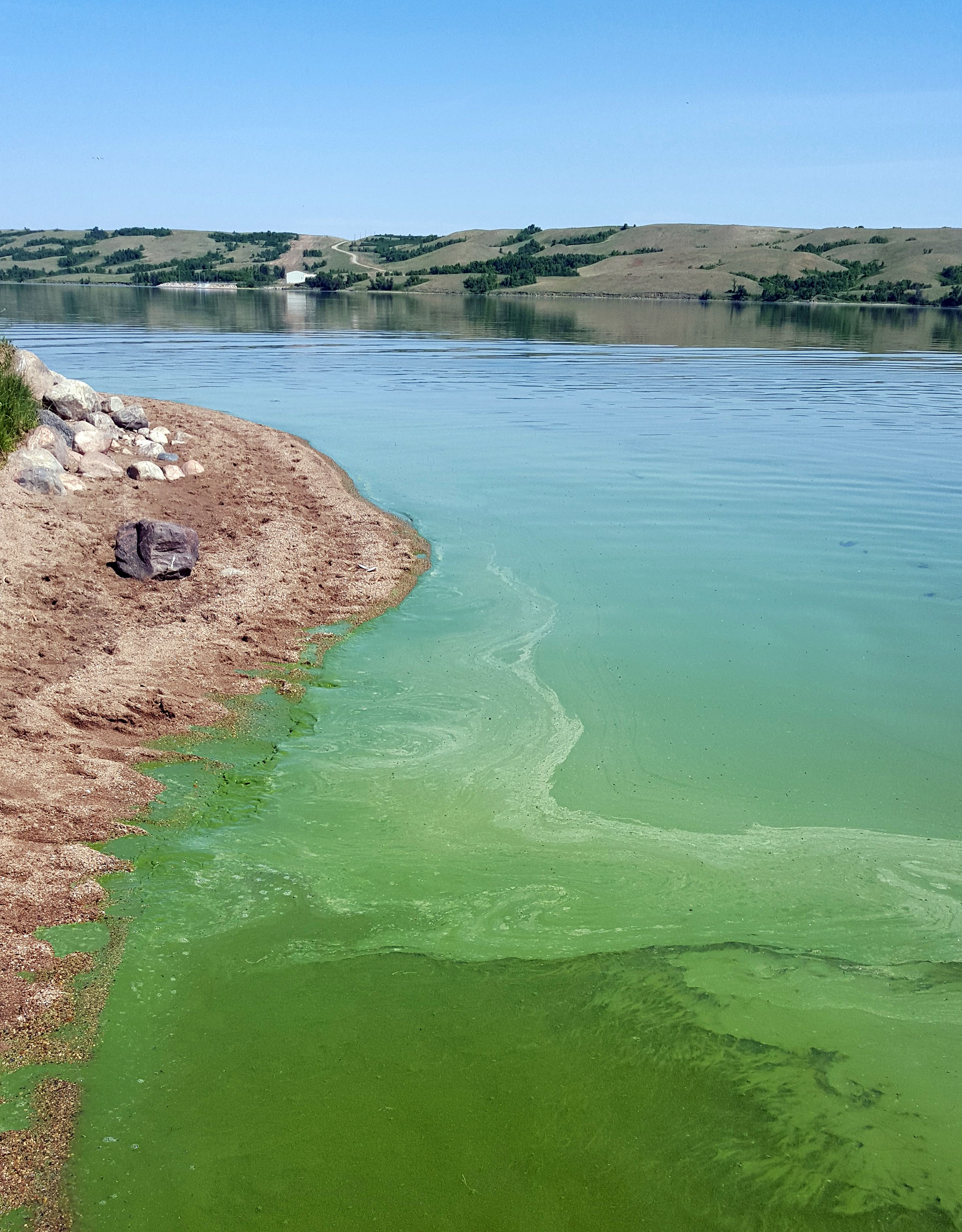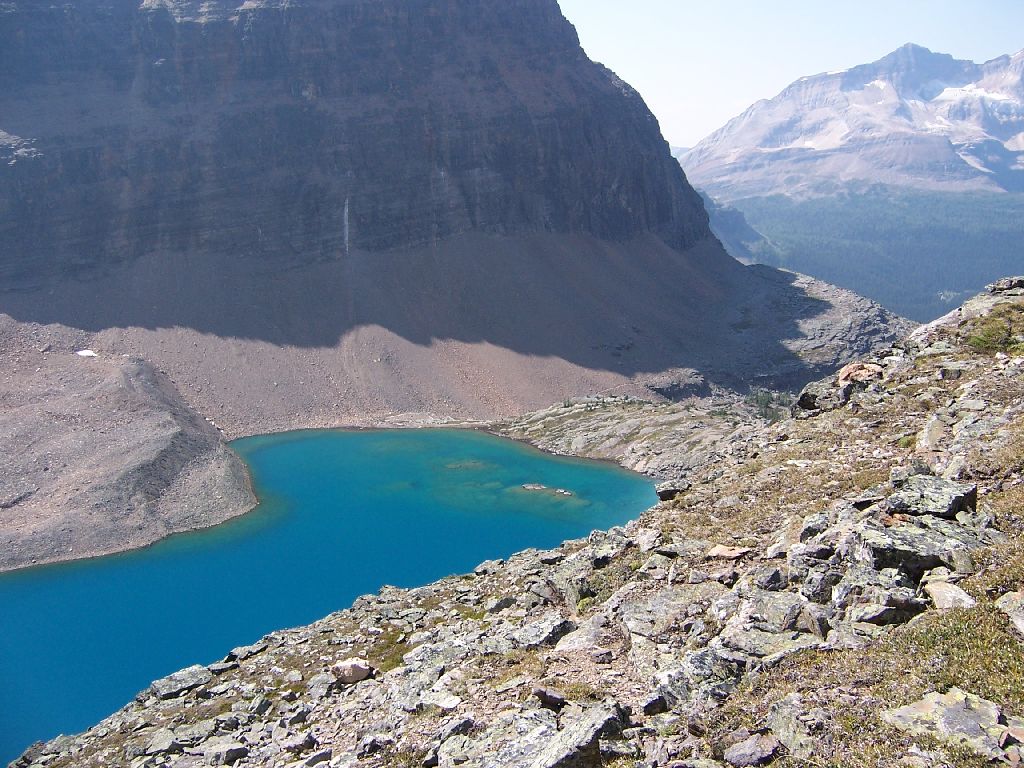Lakes sweat to play it cool: U of R research part of a global study
New research published in Nature Communications shows that lakes sweat off heat to fight the effects of climate warming but this is not necessarily good news.
As the atmosphere warms up, so do most freshwater lakes. However, some lakes seem to be more resistant to warming. As temperatures, increase lakes start to lose water by evaporation and this acts to cool them off. Much like people sweat to cool off, lakes ‘sweat’ by evaporating water to get rid of excess heat.
Dr. Peter Leavitt is a Canada Research Chair in Environmental Change and Society and the co-director of the University of Regina’s Institute of Environmental Change and Society. He is a co-author on the study.
“But this isn’t actually great news. While lakes can cool themselves for a period of time by sweating – which protects biodiversity in lakes, recreational fishing, and some aspects of water quality – it’s a short-term measure because those same lakes are losing water and will eventually dry out and disappear.”
The researchers also discovered that remote, deep lakes, especially those at high elevation and far from human activity, are actually more sensitive to climate change.
“Our study shows that greener, more polluted lakes don’t respond to global warming as much as clear lakes, because they are already damaged by human activities in the surrounding landscape.” says Leavitt. “Too many nutrients from land results in green surface waters that act as a shade, keeping the deep waters cool."
“Clear lakes aren’t already damaged by human activities, so they more readily respond to human-caused atmospheric warming,” said Dr. Jian Zhou, lead author on the study and a research scientist in the Nanjing Institute of Geography and Limnology at the Chinese Academy of Sciences. “Once lakes become green, they are less affected by warming, but are already damaged by nutrient pollution – basically, they can’t win.”
The research team’s work clearly shows that one-size-fits-all responses to global warming and land-use change won’t work.
“Our lake management practices need to consider where lakes are, what they are surrounded by, and how sensitive they might be to unique and interactive effects of climate change and human activities,” said Zhou.
Researchers sampled 345 lakes distributed across twelve countries, primarily in the United States and Europe, for the Controls of thermal response of temperate lakes to atmospheric warming study. Eighteen Canadian lakes were sampled, including six of Saskatchewan’s Qu’Appelle Lakes, which were sampled by the U of R’s Institute of Environmental Change and Society (IECS) as part of a 30-year long Qu’Appelle Long-Term Ecological Research program.
Interviews with Dr. Leavitt can be arranged through the contact listed.


- 30 -
About the University of Regina
Set in the heart of the Canadian prairies we are a comprehensive, mid-sized university where the opportunities are as limitless as the horizon. Our campuses are on Treaty 4 and 6 - the territories of the nêhiyawak, Anihšināpēk, Dakota, Lakota, and Nakoda peoples, and the homeland of the Michif/Métis nation. It is our responsibility to strengthen relationships with Indigenous communities to build a more inclusive future for all. Our three federated colleges, 10 faculties, 25 academic departments, and 18 research centres foster innovative research with practical and theoretical applications. We are committed to cultivating the potential of our 16,700 students and supporting their health and well-being. We take learning beyond the classroom through work and volunteer experiences to develop career-ready graduates.
Let’s go far, together.